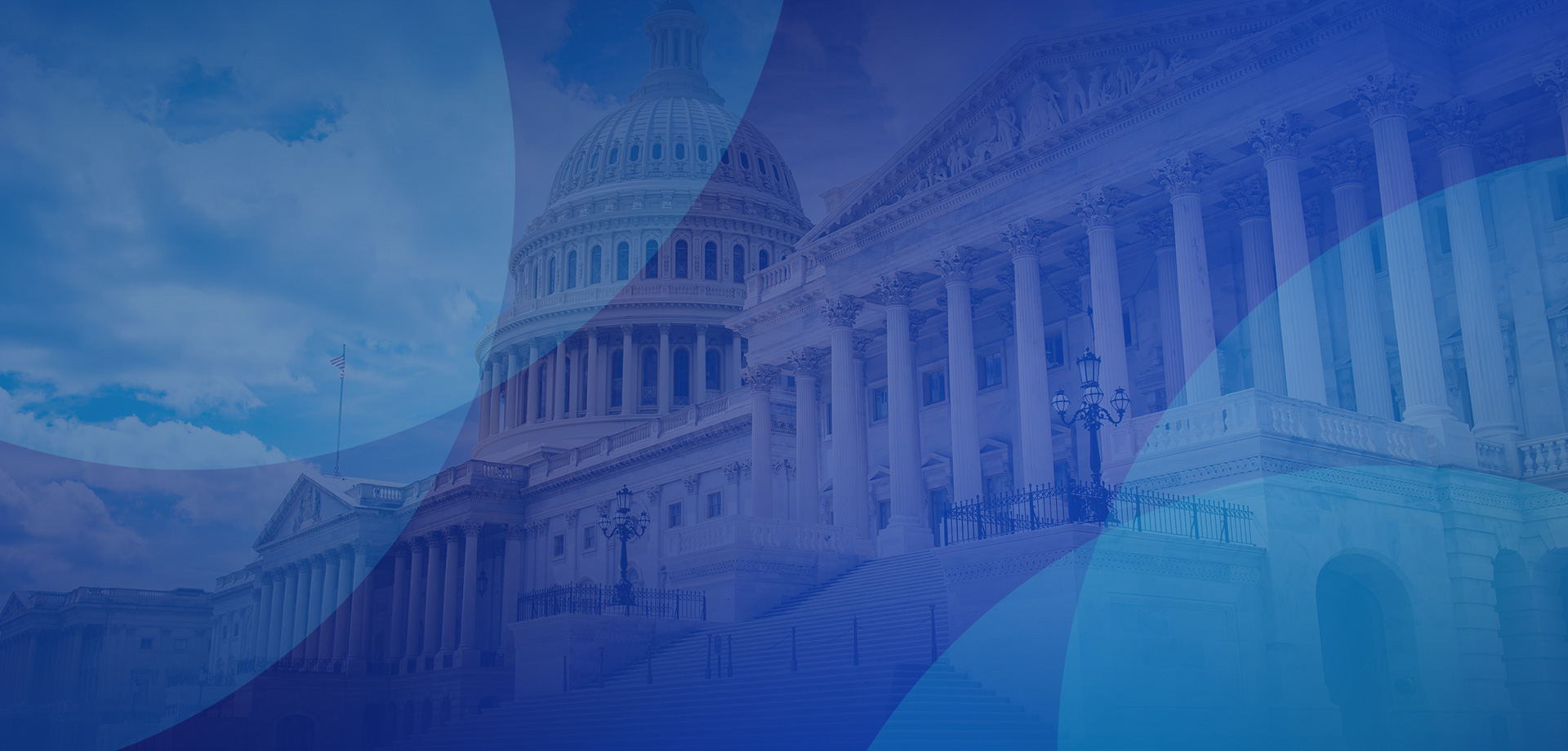Am I Eligible for Chapter 13 Bankruptcy?
There are eligibility requirements for Chapter 13 bankruptcy. You must have enough income to complete a Chapter 13 repayment plan. There are also Chapter 13 bankruptcy debt limits that change every three years. As of 2021, you cannot have more than $419,275 in unsecured debts and $1,257,850 in secured debts.
If a court dismissed your prior case within the past 180 days, you may be ineligible to file under any bankruptcy chapter until that period expires.
Evaluating your eligibility for Chapter 13 bankruptcy requires a close look at your current finances and whether you can keep up with the payment plan. This approach fits those with steady income who want to pay down debt while protecting significant assets. Financial counseling can help you analyze eligibility criteria and plan for responsible money management after bankruptcy.
Residents in Washington, D.C. who consider Chapter 13 should check local median income data, as courts compare your finances to regional averages. This step helps ensure your payment plan is realistic given the city’s high cost of living. In D.C., many filers show steady pay from government or nonprofit jobs using pay stubs or contracts. When you keep your documents up to date, you demonstrate a commitment to the court and improve your chances of staying on schedule with your repayment plan.
Steps to File for Chapter 13 Bankruptcy
To file for Chapter 13 bankruptcy, you will need to:
- Attend credit counseling before filing for bankruptcy
- Hire a knowledgeable bankruptcy attorney
- Fill out paperwork and gather detailed information on your income and expenses
- Submit the bankruptcy petition, formally filing for bankruptcy and entering the "automatic stay"
- Submit a payment plan within 14 days of filing for bankruptcy
- Have a meeting with all creditors within 21-50 days after filing
- Confirm the payment plan within 45 days of the meeting
- Make payments for 3-5 years
- Attend a debtor education course before completing Chapter 13 bankruptcy
When you complete your repayment plan, you receive a discharge from the court for most debt obligations. However, certain debts may not be dischargeable under Chapter 13 bankruptcy, like child support, student loans, and some taxes. Filing for Chapter 13 bankruptcy involves several mandatory steps that require close attention to detail.
Each step in the process involves working with your attorney to make informed choices. Washington, D.C. courts may have requirements for document formatting and electronic filing, making accuracy and timing important. Local bankruptcy trustees sometimes request additional forms or proof of residency. When you attend the creditor meeting, organized records can help keep the process on schedule. If you have a federal or shift work schedule—common in D.C.—let your attorney know so meetings and court dates fit your availability and prevent delays.
Completing each part of the filing process helps you stay in compliance with court rules and improve your chances of a successful case. Gather all necessary documents and stay in touch with your bankruptcy attorney to help you manage financial disclosures and respond to creditor requests. Attending meetings and payment appointments is vital for a successful outcome. Planning ahead will help you make the best use of your time through every step.
Navigating Bankruptcy in Washington, D.C. and Maryland
If you're facing financial challenges in Washington, D.C. or Maryland, understanding the local bankruptcy landscape can make a difference. The D.C. government and the Maryland state government offer resources to help you explore your options, including legal aid organizations in the region. Many residents struggle with high living costs, unexpected medical bills, or job loss, which can cause overwhelming debt. Learning that you are not alone in this situation is reassuring.
In D.C. and Maryland, many neighborhoods host consumer education workshops about budgeting, bankruptcy procedures, and rebuilding credit. Public libraries and local institutions sometimes share information about court procedures and trustee preferences, allowing you to tailor your approach. In Washington, D.C., trustees hold meetings at central federal courthouses accessible by Metro. If you live outside the city, local bar associations can connect you to county-specific support and resources.
Local economic shifts can impact your eligibility for Chapter 13 bankruptcy, so keep up with any changes to debt limits. If you are unsure about your eligibility or the best path forward, you can use resources like Maryland Legal Aid or the D.C. Bar for guidance.
How Chapter 13 Bankruptcy Affects Federal & Public Sector Employees in D.C.
Many people in Washington, D.C. work for the federal government, public agencies, or nonprofits. Chapter 13 bankruptcy provides an option for those with reliable income to manage overwhelming debt without risking job clearance or employment. While private employers may view bankruptcy differently, many federal and public sector organizations rely on established HR policies to address financial hardship. Filing for Chapter 13 demonstrates responsible debt management, which can help during background checks or security reviews.
Each agency has its own process, but personnel offices often distinguish between financial emergencies and responsible steps to regain control. Before filing, check whether your agency needs written notice or reporting at certain milestones, like a security renewal. Being open and maintaining a repayment plan supports your career while you work to resolve your debts. A D.C.-based bankruptcy attorney can help clarify agency expectations and navigate area-specific protocols.
Taking action early, combined with legal advice, builds a case for financial recovery that supports your professional goals while protecting required credentials for employment in the D.C. area.
Whether you live in the heart of Downtown D.C. or Montgomery County, knowing your options and using local resources can help you make confident choices about your financial future. Don’t hesitate to ask for help—bankruptcy is a challenge, but you don’t have to handle it alone.
Chapter 13 Bankruptcy in Washington, D.C.: Local Considerations
Filing Chapter 13 bankruptcy in Washington, D.C. requires that you understand local law and how regional conditions could affect your case. Many residents work in government jobs, which influence income stability and job security. Given the cost of living, review your finances carefully before filing. Local U.S. bankruptcy courts can provide direction, and an attorney familiar with D.C. rules can offer valuable guidance.
Bankruptcy courts in D.C. set expectations for repayment plans. For instance, trustees may ask for extra proof of income or more detail about monthly expenses, especially if your housing or transportation costs differ from typical city averages. Residents using public transit or with unique neighborhood expenses should document these details for filing accuracy. Federal employees and contractors may also face plan reviews based on their pay schedules or job protections recognized by courts.
D.C.’s diverse population means you might access community groups and nonprofits that hold workshops on financial health and rebuilding after bankruptcy. These resources help residents work toward stability and preserve their community ties. Understanding local court rules and support offered by local attorneys and organizations can help guide you through Chapter 13 proceedings.
Need help filing bankruptcy in MD or Washington D.C.? Reach out to our team online today to get started on a FREE consultation with our Chapter 7 bankruptcy lawyer.
FAQ: Understanding Chapter 13 Bankruptcy
How Does Chapter 13 Bankruptcy Affect My Credit Score?
Chapter 13 bankruptcy will impact your credit score, as it is a public record of financial distress. This filing can stay on your credit report for up to ten years, making it harder to get new credit during this time. As you make progress on your plan, consistent payments can help your credit begin to recover. It’s wise to regularly monitor your report to check for improvements and correct errors.
Can I Keep My Property with Chapter 13 Bankruptcy?
Yes, a main advantage of Chapter 13 bankruptcy is the ability to keep your property while you pay creditors over time. The court lets you set up payment plans to keep your home and car, as long as you make the required payments. Tell your attorney about any changes in your financial status so you can adjust your plan and continue protecting your assets.
What Happens If I Miss a Payment in Chapter 13 Bankruptcy?
Missing a payment with your repayment plan can lead to the court dismissing your case. If you see trouble ahead, notify your Chapter 13 bankruptcy lawyer right away. You might qualify to modify your payment plan to better match your financial situation. Early action and open communication prevent bigger problems down the road.
Is Credit Counseling Required for Chapter 13 Bankruptcy?
Yes, you must complete a credit counseling course from an approved agency within 180 days before filing for Chapter 13 bankruptcy. This step ensures you consider all options before proceeding with bankruptcy. Credit counseling offers useful financial education and helps you prepare for managing future debt.
How Do Local Bankruptcy Rules Affect My Chapter 13 Case?
Local bankruptcy rules in Washington, D.C. can affect how your Chapter 13 case is managed and reviewed. Every court sets unique guidelines for processing cases, which can shape eligibility, meetings with creditors, and plan terms. Working with a local bankruptcy attorney helps you meet all the requirements for your case to move forward smoothly.
What Are the Advantages of Filing Chapter 13 Bankruptcy?
Depending on your situation, you may benefit from Chapter 13 bankruptcy. If you have a steady income and want to keep your nonexempt property, this chapter may be a strong option.
Bankruptcy provides immediate benefits. An automatic stay takes effect when you file, stopping creditor collection efforts. The automatic stay can help prevent foreclosure if you act quickly and continue payments. Chapter 13 can also give you time to catch up on past-due secured debt payments.
As you prepare your payment plan, Chapter 13 bankruptcy will also improve your financial awareness. You will learn to track your income and expenses in detail and manage your finances more effectively.
Chapter 13 encourages healthy financial habits that stay with you after your case concludes. Its structure provides the chance to rebuild credit by reporting regular, on-time payments, which helps you work toward improved financial health once the bankruptcy ends.


